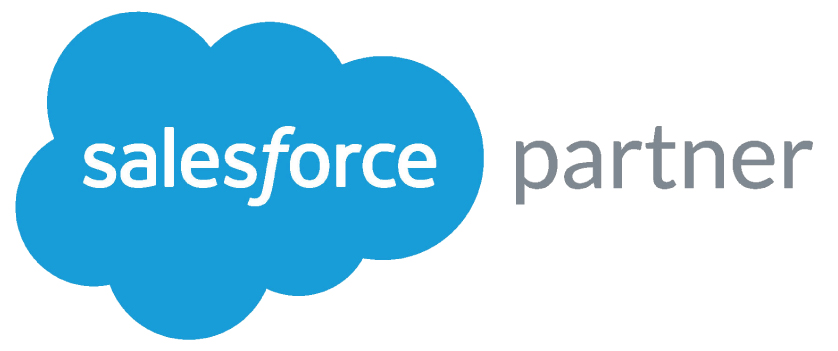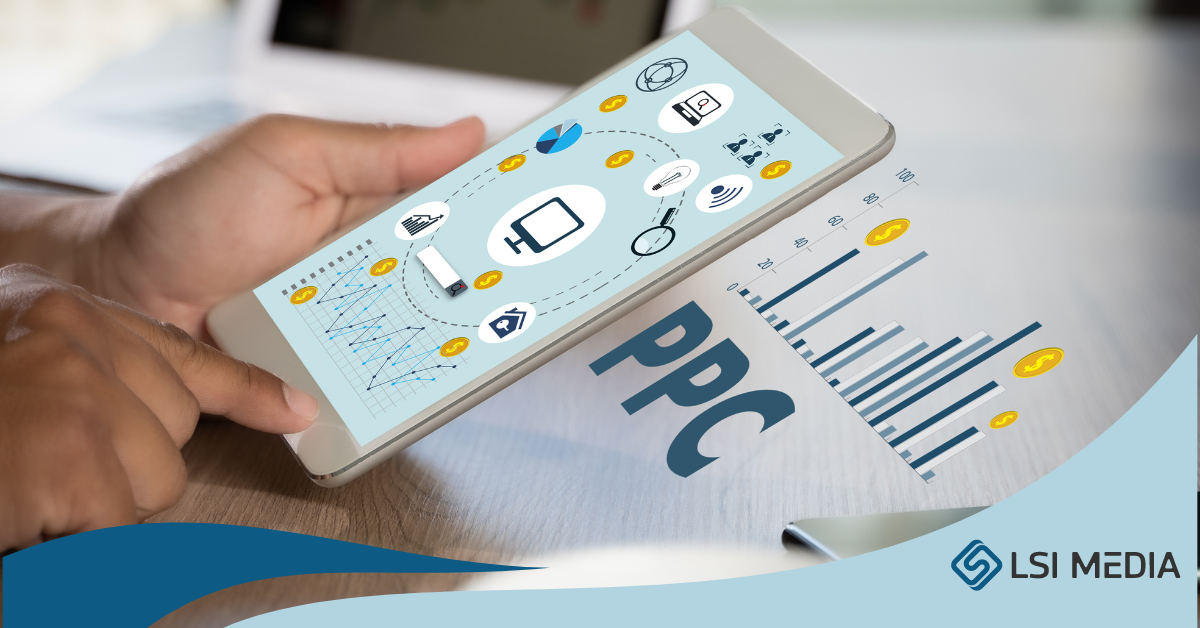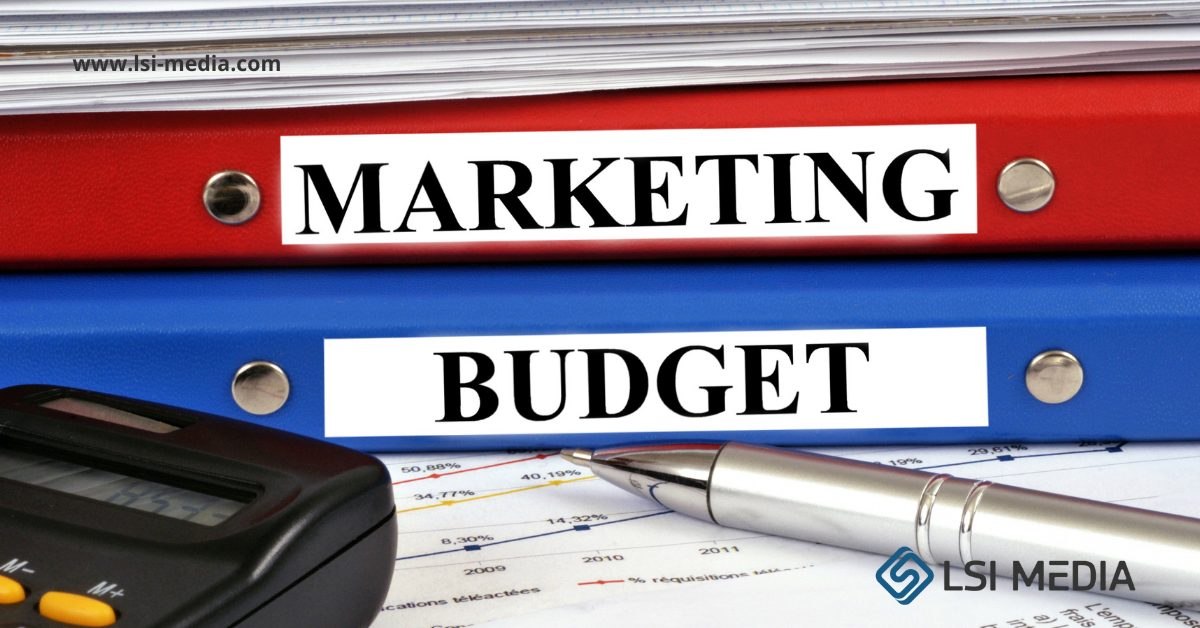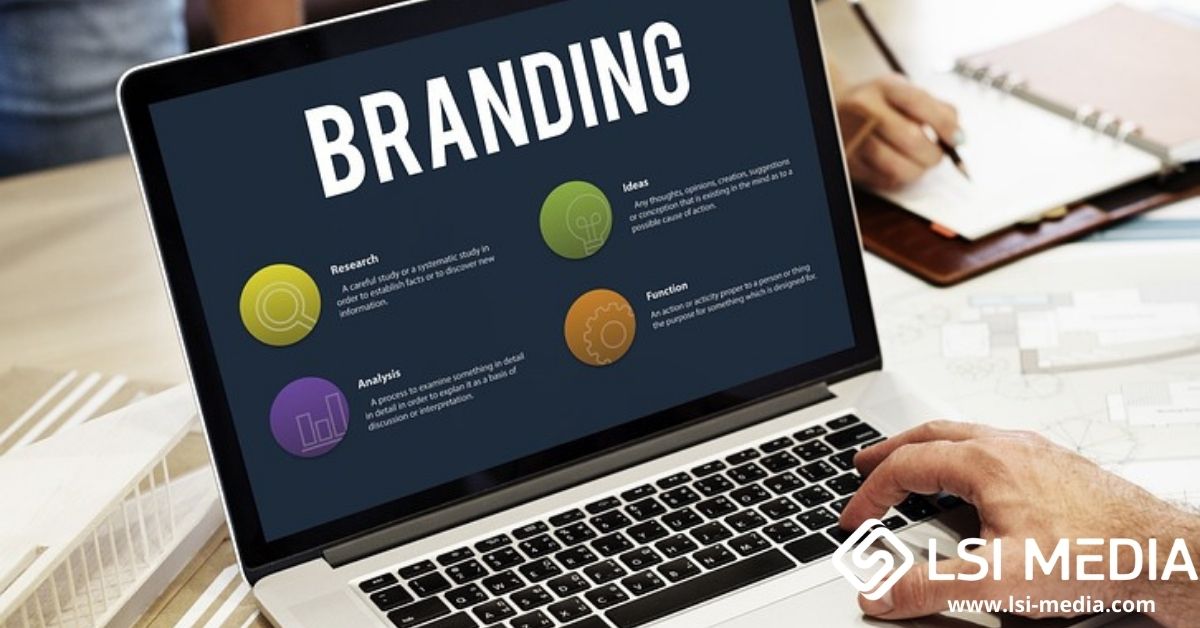[ez-toc]
What Is PPC Advertising?
When it comes to digital marketing, it may be both complicated and perplexing. There are numerous components to it, for starters, such as websites, social media, email, SMS, and more. Another reason is that each of these components provides advantages to you as a marketer, and it’s challenging to determine which ones to emphasize because doing so would be nearly impossible.
You’re in luck because several of these channels may be linked together to boost your digital marketing’s effect and return on investment. When utilized alone as an online advertising approach, pay-per-click (PPC) is one of those marketing methods that are both effective. It complements other search engine optimization (SEO), social media marketing (SMM), and email marketing.
Is it a good investment? Does it genuinely deliver profitable outcomes?
Before we get into how PPC can aid other digital marketing activities, let’s first define pay-per-click advertising. PPC is a complicated marketing tool with many more features than we can explain here. Still, we will provide a basic explanation of how it works. You pay for each click with PPC. You create an ad using a search engine, such as Google, based on specific keywords.
Your budget determines the cost of that advertisement. Paying more can get your ad a better placement than spending less. If someone searches for the terms you’ve specified, and your ad appears on the search results page, the searcher clicks on your ad, and you get charged for that click. A result of this was the coining of the term “pay-per-click.”. This is an admittedly simple explanation of PPC.
Most individuals have a lot of questions about pay-per-click (PPC) advertising. Building a business is an investment. You will never see a return unless you invest both time and money in marketing. PPC marketing is a crucial component of that investment for many organizations. We’ll go over all you need to know to get started in this article.
Why Do I Have to Use Paid Ads When I Can Use Organic Search?
Suppose you aren’t a giant corporation like Nike, Office Max, or Macey’s. You’re going after highly competitive keywords where shoppers seek specific products. In that case, you’ll undoubtedly struggle to appear at the top of the search engine results page. Regardless of how fantastic your business is, how well-optimized your site is, or how much your consumers adore you, even more.
On the other hand, pay-per-click advertising cannot be made up for by excellent search engine optimization. As a result, you must make your site search engine-friendly. Mainly because, even if you don’t, your competitors will be utilizing the platforms. Even if you don’t get anything else out of it, that’s worth it.
How Pay Per Click Works?
Now that you know the basics of PPC, let’s talk about how you can use it to boost your digital marketing efforts. Most importantly, with PPC, you’ll know right away what’s working and what isn’t, and you can use that knowledge to improve your other marketing efforts. As an illustration, you could:
- Using PPC for A/B tests on landing pages can improve conversion rates. Using two distinct landing pages as a testbed, you can see which elements perform better (such as headings, designs, information, key messages, or photography). It’s time to turn your best work into a landing page.
- Before optimizing a page for SEO, try out several keywords and see which ones provide you with the best results. Then, use those keywords in your SEO content.
- It’s a good idea to run A/B tests on your headlines, promotions and calls to action. As a result, all of your digital marketing efforts, such as online platform campaigns or display ads, will benefit from what you’ve learned here.
- Try different target audiences, different geolocations, and different localizations. Is there a difference in how an audience receives a headline in different parts of the world? Using PPC, you can discover this knowledge, which you can then apply to other aspects of your marketing strategy.
- Use current events to your advantage. If something noteworthy occurs in the media or entertainment, your company may be able to benefit from it. To capitalize on an everyday occurrence or trend, use pay-per-click (PPC) advertising. To find out if you’ve learned anything that you can apply elsewhere, run all of the tests indicated above.
PPC is a powerful tool, but it’s also adaptable so that other methods aren’t. Other marketing methods can cease while PPC is active.
What are the Most Popular PPC Services Platforms?
Even if you’re new to PPC, I guarantee you’re familiar with a good number of PPC platforms, and each has its distinct advantages and optimum uses. The two most significant PPC networks are:
- Google Ads- Customers are shown adverts depending on their queries in Google Ads. The highest return on your Google Ads investment comes from exposing your advertisements to visitors. They are already interested in how much you have to market and are further on in the purchase process.
- Facebook Ads- Retargeting through segmented marketing and bespoke audiences. As well as the opportunity to present your brand to people who didn’t realize they wanted it are two of Facebook Ads’ most valuable features. Demand harvesting is the focus of Google Ads, whereas demand generating is the focus of Facebook Ads. This also allows you to advertise on Instagram.
There are also many different PPC tools available, some of which are available on social media platforms. These are a few examples:
- Promoted Pins via Twitter Ads
- LinkedIn’s Paid Promotions
- The Quora Advertisements
YouTube Ads are officially one of the Google Advertising systems. All pay-per-click marketing platforms (including those listed above) utilize a bidding system. Several organizations like to split their ad expenditure across different platforms to get the most out of each.
Managing Your Pay-Per-Click Campaigns
You’ll need to keep an eye on your new campaigns after you’ve set them up to make sure they’re still working. It’s a proven fact that account activity is a good indicator of long-term success.
- Regularly reviewing AdWords and Google Ads makes a significant difference: Even twenty minutes per week make a significant difference. The following adjustments should be made to improve your campaigns:
- Incorporate Pay-Per-Click (PPC) Keywords: Increase the range of your pay-per-click advertisements by including keywords related to your industry.
- Add Negative Keywords: Improve campaign relevancy and waste reduction by having non-converting keywords as search terms.
- Split Ad Groups: Increase your click-through rate (CTR) and Quality Score by creating more focused ad content and landing pages by splitting up your ad sets into smaller, more relevant ad groups.
- Review Expensive PPC Terms: Examine and, if required, remove pricey but ineffective keywords from your campaign.
- The best way to improve landing pages is to refine them: Optimize your landing pages’ contents and CTAs to increase conversion rates. Make sure not to direct all of your visitors to the same place on your website.
- You can build your consumer base and improve ROI by regularly tweaking your pay-per-click ads.
Ad Tips for Pay-Per-Click
Your newfound knowledge of PPC campaign management positions you well to face future challenges.
- Make sure you have access to a mobile device.
- Be sure your site is mobile-friendly first. More and more people are using smartphones to conduct Google searches. You must optimize your landing page for mobile devices to reach these customers.
To ensure that your landing page is mobile-friendly, utilize a service like Google’s mobile-friendly test. Check the speed of your website load as well. Visitors may leave your site if it takes too long to load, resulting in fewer sales. - Include Negative Keywords (Often)
- Even if you’re running a PPC campaign for your business, your advertisements may appear for unrelated queries. Those searches will still cost you, unfortunately. Make it a habit to go back and examine your search terms regularly. Afterward, you might create negative keywords from those ineffective queries. Increasing the number of negative keywords on your keyword list will help you save money by eliminating the use of unnecessary keywords.
- Keep Your Eyes on the Target
- Do your research before launching your first PPC campaign to make sure you’re targeting the right people. Aim to segment your audience into smaller buyer personas if you’ve got a large one. The next step is to build ads that are specific to each of your personas. PPC visitors are 50% more likely to purchase organic visits. However, it would be best to use targeting options to attract the customers who are most likely to become your customers. Many newcomers to pay-per-click marketing make the error of merely using keywords as a targeting strategy. On the other hand, adjusting your targeting can help you boost conversions while reducing ad expenditure that goes to waste.
- Use remarketing to your advantage.
- Using remarketing advertisements gives you a second shot with past website visitors. Remarketing advertising would entice customers back if you didn’t make a deal the first time. Start your first campaign by creating a remarketing list. You can use remarketing advertising to enhance conversions as your list increases.
- Expand the reach of your ads by utilizing Ad Extension
- Ad extensions can help your PPC campaign advertising stand out from the crowd. Use the bottom of your ad, for example, to list your company’s address or phone number. Adding ad extensions can boost the number of times your ads are clicked, leading to more sales.
- Perform An Evaluation And Make Modifications
- Review your data thoroughly before doing anything else. Which marketing campaigns are having an impact? Which of your emails isn’t getting through to your target market? You can make adjustments after analyzing the data. Keep your PPC campaigns optimized to get the best return on your investment.
Advantages and disadvantages of pay-per-click advertising
A cost-effective technique to increase visitors to your website is through pay-per-click (PPC) advertising. There are both advantages and disadvantages to taking this route.
Pay-per-click advertising has several advantages, including the following:
- You pay when someone visits your website, so it’s cost-effective. There is no restriction on how much money you spend.
- Demographics such as geographical location, language, and device narrow the target audience.
- It’s possible to set up PPC campaigns to measure their efficiency precisely. You’ll be able to calculate your return on investment precisely.
- Optimizing your campaigns can make minor tweaks as you go along based on what works best.
- Many (often free) online courses and training materials are available to assist you in honing your abilities.
- You’ll see results quickly if you use PPC advertising. Search engine optimization (SEO) strategies that rely solely on organic methods may not show results for several months.
Disadvantages of pay-per-click advertising
PPC advertising presents several difficulties, including the following:
- PPC campaigns require time and effort to maintain. You can’t just set them up and forget about them. To get the best outcomes, you’ll have to put in some effort to optimize and improve.
- Setting up good campaigns requires some skill and practice. Many organizations opt to work with a specialized firm.
- It’s easy for costs to mount up if you don’t keep track of and optimize your efforts to ensure a return on your investment. PPC campaigns require a monetary expenditure instead of SEO, which only requires time and expertise.
- Visits and clicks do not necessarily translate into sales; you must persuade the user to ‘convert’ once they arrive at your website.
Keyword Analysis for Pay-Per-Click Ads
While keyword research for PPC can take a significant amount of time, it is critical. Keywords are the foundation of your whole PPC campaign. The most successful Google Ads marketers constantly add to and refine their PPC keyword list to maximize results. Hundreds of thousands of low-cost, long-tail keywords may drive visitors to your site. You only undertake keyword research once you start your initial campaign.
Relevant – You don’t want to pay for Web traffic that has nothing to do with your company. A higher PPC click-through rate, a lower cost per click, and better revenues are all goals you’re aiming for while researching keywords. Therefore, Keywords should be closely tied to the products you sell. The following is a compelling list of PPC keywords:
Exhaustive– A thorough keyword study should cover not only the most popular and often searched terms in your niche but also the long tail of search terms as well. Keywords with a longer, more precise phrase are less prevalent. They’re also less expensive since they’re cheaper because they’re less competitive. Still, they account for a significant portion of the traffic from search engines.
Expansive– PPC is iterative, which makes it broad. Make sure your keyword list is constantly expanding and evolving by continually refining and adding new keywords.
Check out our popular keywords if you’re looking for high-volume, industry-specific keywords for your PPC campaigns.
How Much Money Should I Invest in Pay-Per-Click Ads?
Clients frequently criticize PPC marketing for two main issues. A common complaint from new users is that setting up your first campaign might be intimidating. However, this feeling quickly passes. Second, it’s a costly proposition.
There’s no denying that. The Disruptive team has discovered many wasted ad dollars after auditing thousands of PPC accounts.
Paid-per-click (PPC) advertising, on the other hand, isn’t always a waste of resources. You may invest a small amount of money and see tremendous returns if done correctly. However, it will always be expensive.
There are two parts to pay-per-click advertising costs: the entire ad budget and the amount you can afford to pay for individual results. There are two categories of PPC costs: total ad budget and particular outcome (your bid).
Your marketing budget will determine your total ad spending, which is a no-brainer. If you have $500 to spare, by all means, take advantage of the opportunity. It’s fantastic if you have $50 to spare.
Although figuring out how much you can spend every bid is more complicated, keep in mind your acquisition costs when you do so. It is very straightforward in terms of product sales: even if just 25% of clicks result in sales, you can afford to pay $1 for every click on a $70 product ($4 per sale).
However, there are situations when it’s tough to determine concerning leads or interactions on the platform. It’s best to look at your customers’ lifetime value (LTV) if somehow the value of either information or interaction is unclear. Think about how just much your average buyer will spend throughout their connection with you, not just on the first sale. To find out how much you can manage to bid, compare this number to your conversion rate.
Conclusion
Is your company ready to benefit from digital advertising to grow? At first, pay-per-click marketing may seem overwhelming. Still, it’s a highly effective strategy to increase traffic and generate leads and immediate purchases.
With appropriate PPC campaign management, you can reach more clients, improve conversion rates, and boost your business. To be successful with internet marketing, you need to use these suggestions right away. PPC may bring your business in front of people who are actively looking for services and products. As well as the people that had no idea that your type of product existed.
Now despite how overwhelmed you are, keep in mind that even PPC specialists make mistakes. They’re always experimenting with new ideas. You’ll find out what works and what doesn’t if you’re willing to try different approaches, regardless of the platform you choose. You don’t want to waste time figuring things out the hard way. Your campaigns will run more smoothly if you work with PPC experts.
FAQs:
1. What is Pay-Per-Click (PPC) advertising?
Pay-Per-Click (PPC) advertising is a digital marketing strategy where advertisers pay a fee each time their ad is clicked by online users. It is a way to buy visits to a website rather than gaining them organically through search engine optimization (SEO) efforts.
2. How does PPC advertising work?
PPC advertising works on an auction-based system where advertisers bid on keywords that are relevant to their target audience. When a user searches for a keyword, the search engine displays the advertisements with the highest bids. If a user clicks on the ad, the advertiser pays the bid amount.
3. What are the benefits of PPC advertising?
PPC advertising offers several benefits, including:
- Immediate visibility and exposure for your business.
- Control over the budget spent on ads.
- Ability to target specific geographical locations and demographics.
- Measurable results and performance tracking.
- Flexibility to adjust campaigns based on real-time data.
4. How effective is PPC advertising compared to other digital marketing strategies?
PPC advertising can be highly effective when implemented properly. It provides instant visibility and can drive targeted traffic to your website. However, its effectiveness may vary based on factors such as competition, industry, ad relevancy, and the overall quality of the campaign. It is important to continuously optimize your PPC campaigns to maximize their effectiveness.
5. How do I measure the effectiveness of my PPC campaigns?
To measure the effectiveness of your PPC campaigns, you can track key performance indicators (KPIs) such as click-through rate (CTR), conversion rate, cost per conversion, return on ad spend (ROAS), and overall return on investment (ROI). Analyzing these metrics will help you understand the impact of your PPC efforts on your business goals.

